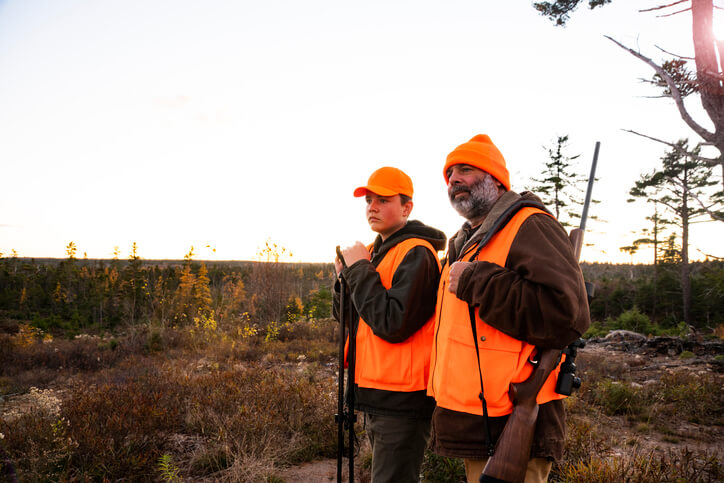Have a look back at Part One of this Hunting Lease series for tips and tricks on the basics of hunting lease agreements.
What Happens if There is a Dispute Over a Hunting Lease?
While one goal of hunting lease agreements it to preempt any disputes or disagreements between the lessor and the lessee, another goal is to roadmap what should happen in the event that a dispute arises. To that end, a hunting lease should include the parties’ agreements about how any potential disputes should be resolved. This includes whether the parties plan to use any means of alternative dispute resolution (e.g., mediation or arbitration), which court will have jurisdiction over any legal proceedings, which state’s laws will apply when interpreting the agreement, and whether parties will be allowed to recover any reasonable attorneys’ fees incurred in a dispute.
Tips for the Lessor in a Hunting Lease Agreement
If you are a landowner looking to lease out your land, there are a few things you should keep in mind before signing a hunting lease agreement. First, make sure that the lease agreement preserves your right to use the land in any way that you intend to during the course of the lease term. For example, the lease should specify if and when you are allowed to enter the leased area, for what purposes, and with what kind of notice to the lessee. Furthermore, if you have already leased out your land to another party for another use (e.g., agricultural, mining, or drilling), or if you have designs to do so in the future, the lease should specify this as well.
As the lessor, you should also consider how to (1) prevent injury or damage caused by the lessee’s activities on your land, and (2) protect yourself from liability in the event that any such injury or damage occurs. One way to minimalize injury or damage is to include provisions in your lease agreement ensuring that the lessee is properly licensed to use firearms and to hunt, that the lessee follows appropriate firearm safety, that the lessee does not engage in hazardous activities such as drinking, and that the lessee follows all applicable state and federal laws. The lease agreement should contain a provision informing the lessee that he or she assumes the risks of hunting, and is responsible for any harm resulting therefrom. The lease agreement can require that the lessee purchase insurance to cover the costs of any injury or damage, and it can provide that the lessee will indemnify the lessor for any costs resulting from injury or damage caused by lessee’s activities on the land.
Keep in mind that a hunting lessee may be spending more time on your land than you do. To that end, it may be in your interest to enumerate certain responsibilities that the lessee has in the supervision of your land. A hunting lease agreement can include provisions holding the lessee responsible for reporting or preventing certain hazards, such as wildfires or the presence of trespassers.
Tips for the Lessee in a Hunting Lease Agreement
If you plan to lease someone else’s land, it is important that you inspect the area in advance of signing a hunting lease to make sure that the leased area meets your expectations and is suitable for your hunting needs. Read the lease agreement closely and make note of the ways in which the lessor may continue to use the land during the course of the hunting lease. Finally, use caution in bringing guests with you to hunt on the leased land, as you may be liable for any damage or injury that your guests cause.
If you are seeking assistance with drafting a hunting lease that meets your needs and protects your rights as a lessor or lessee, or if you are working through a dispute arising out of a hunting lease agreement, contact our law office and schedule a consultation.

